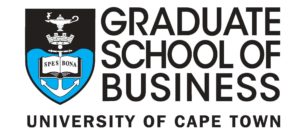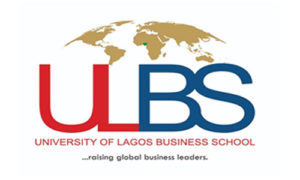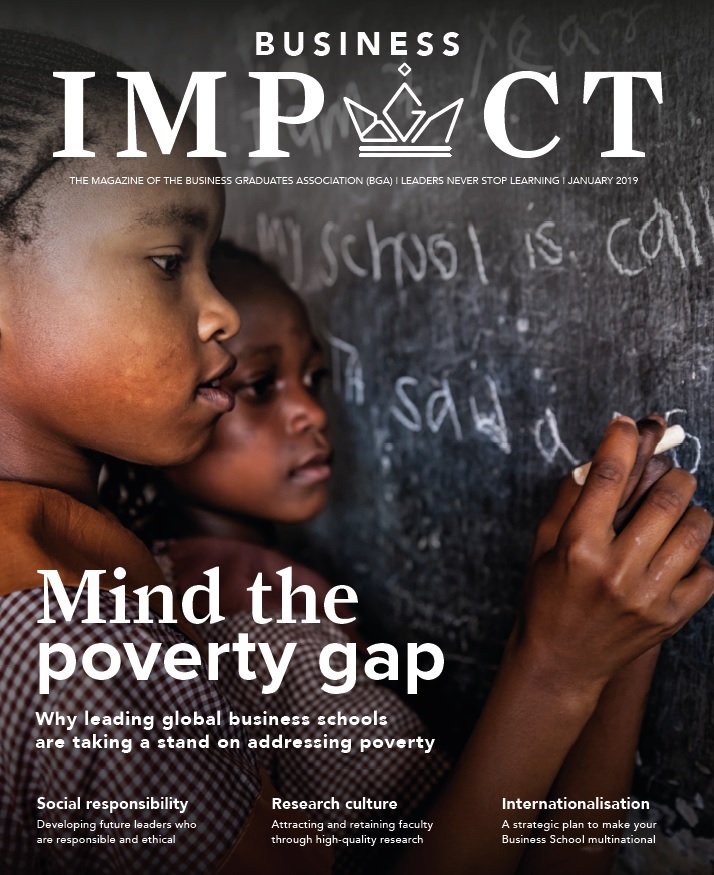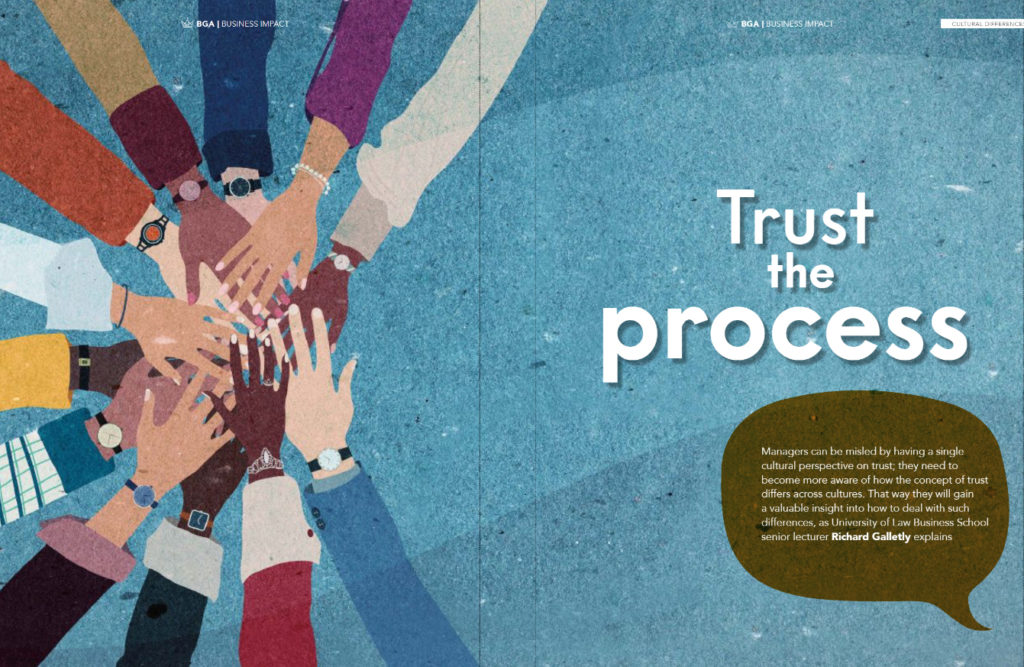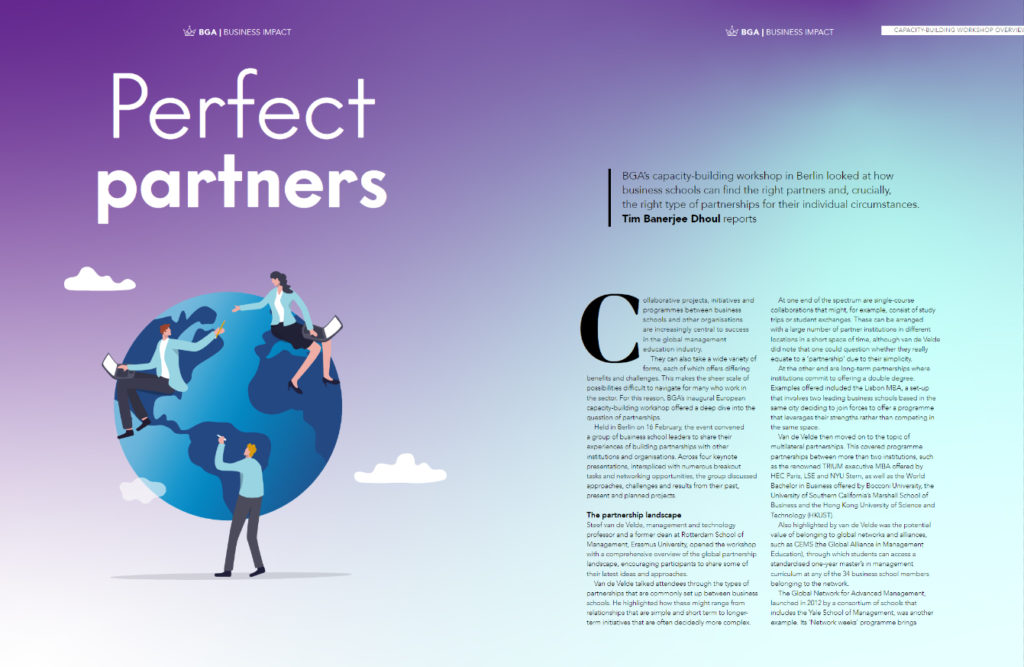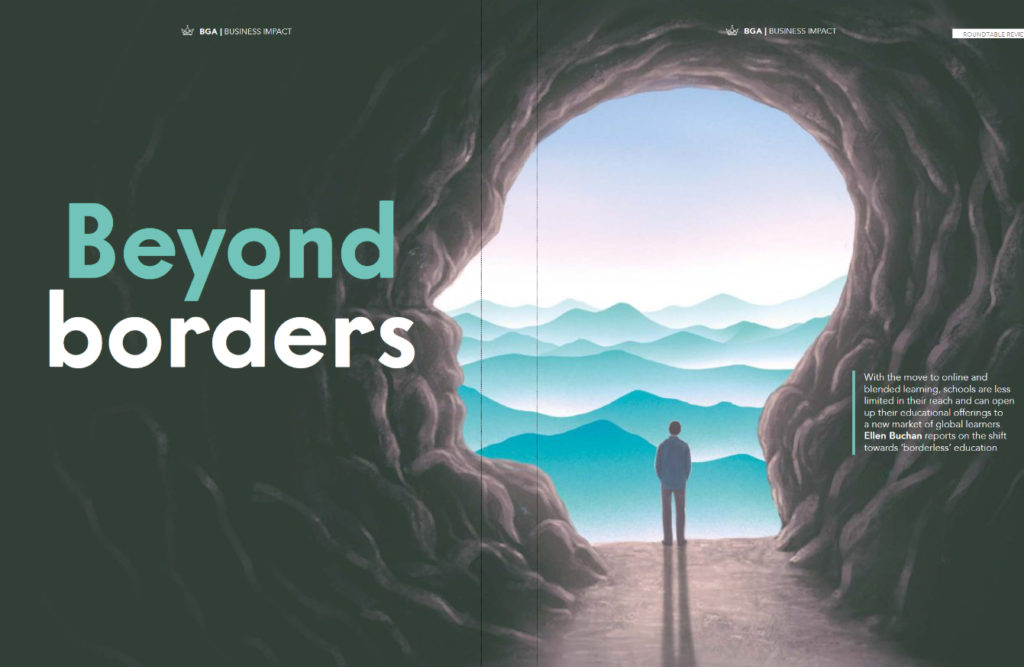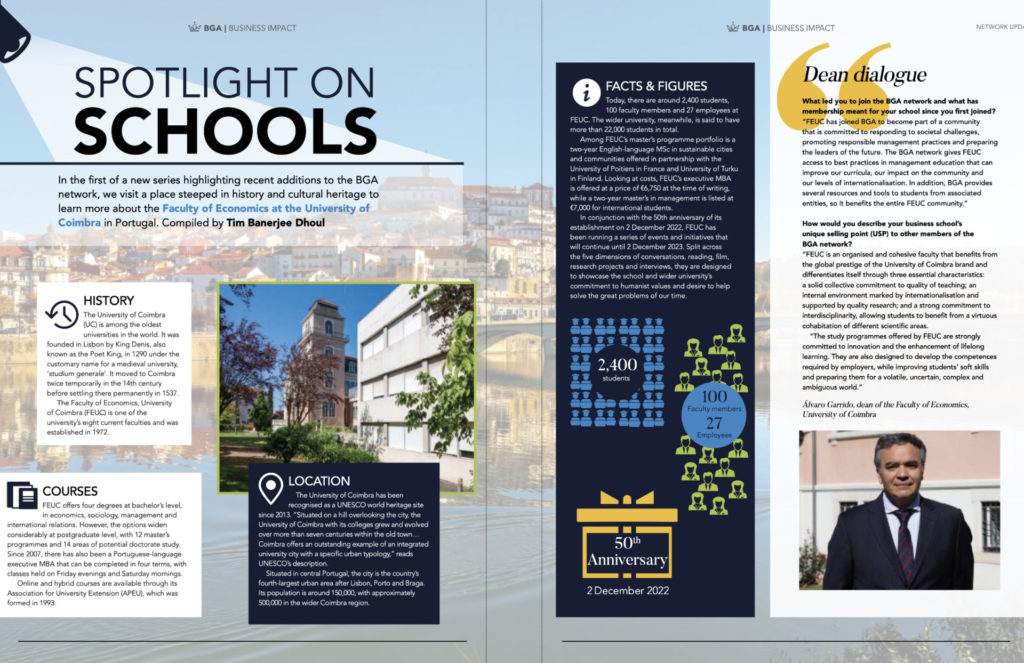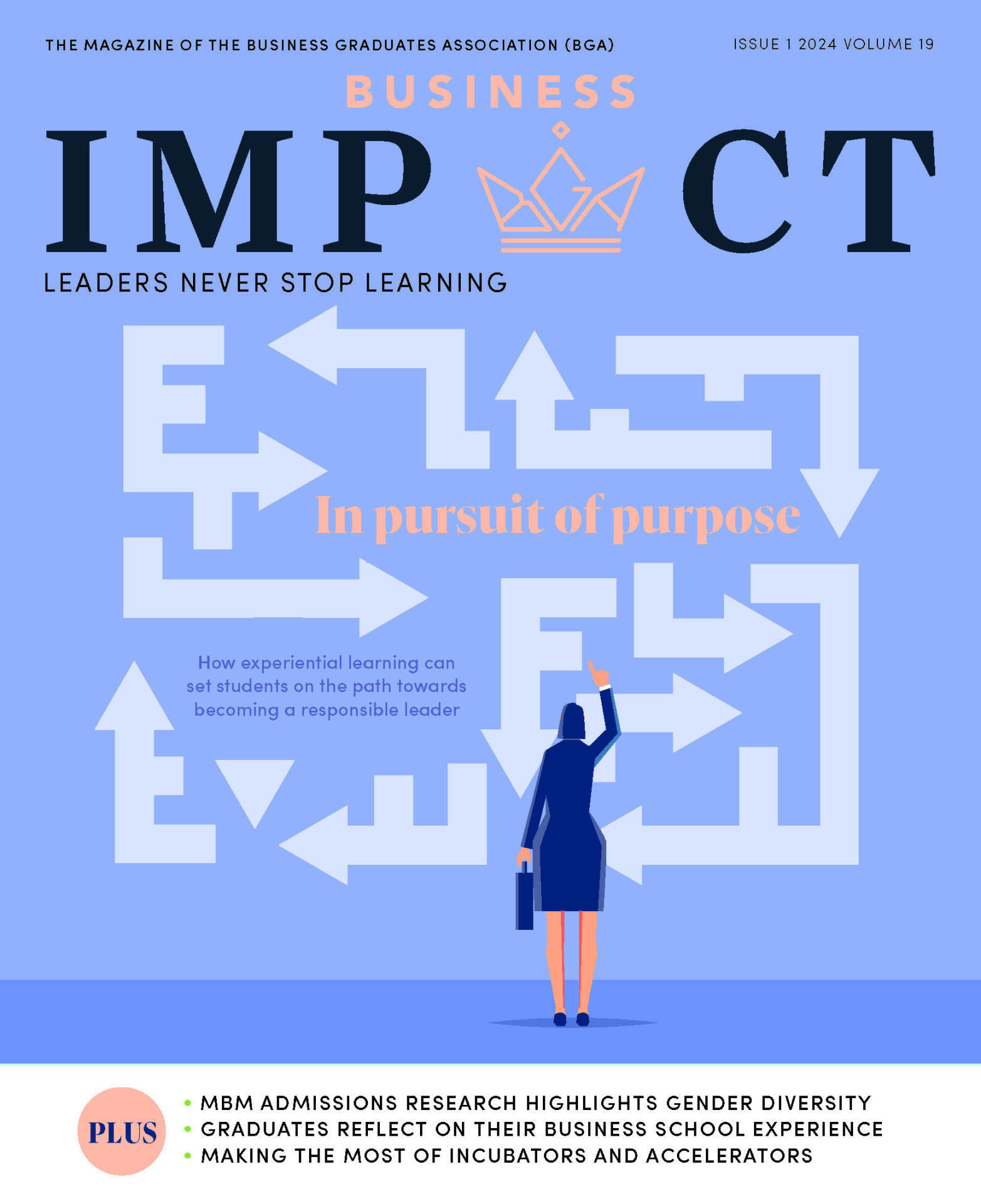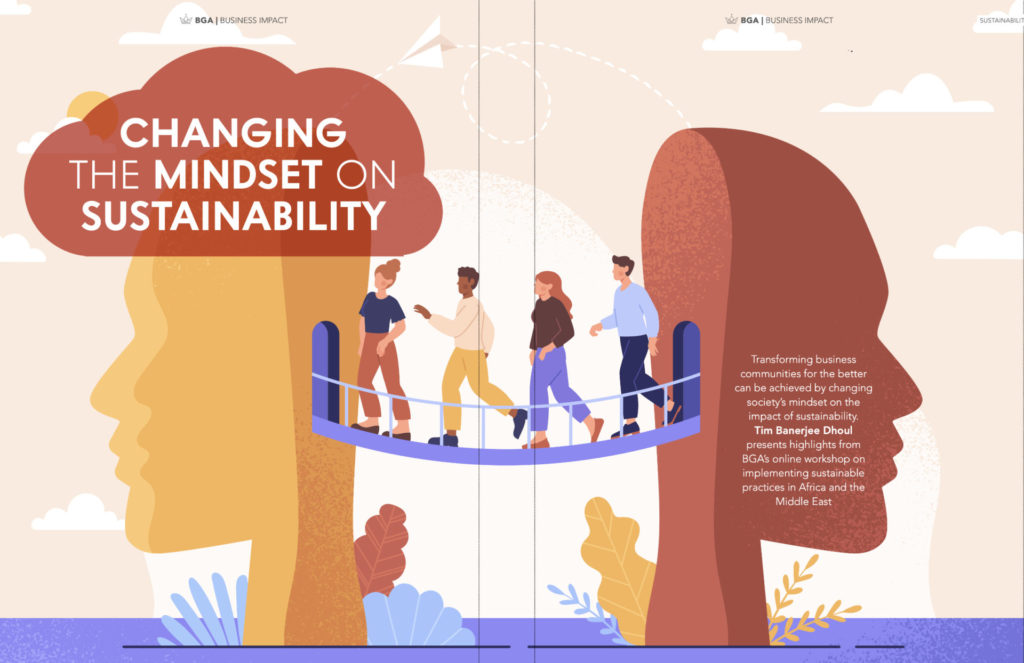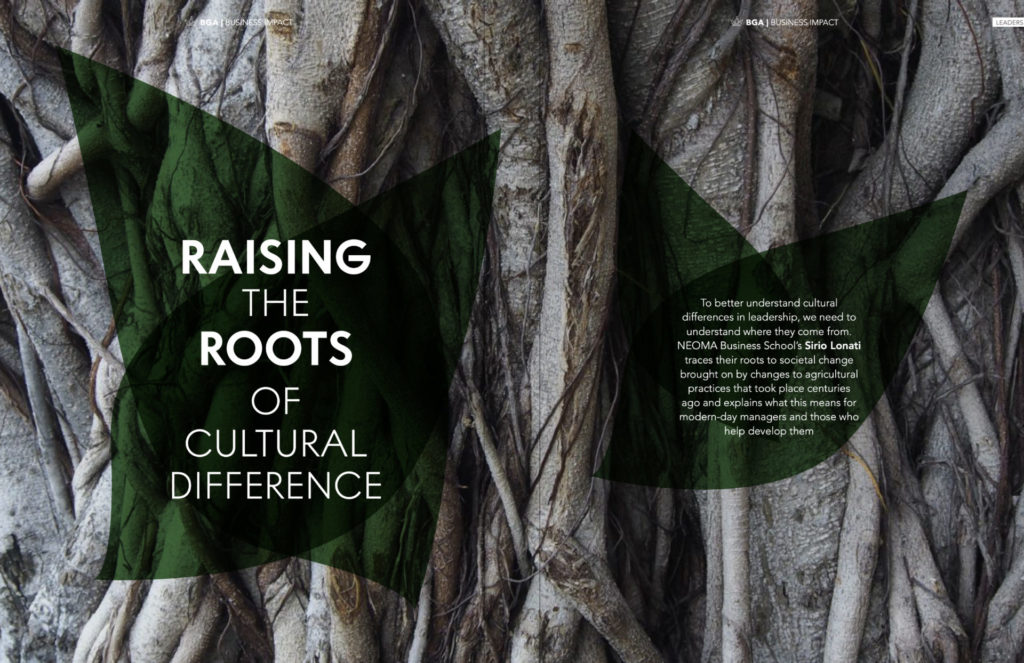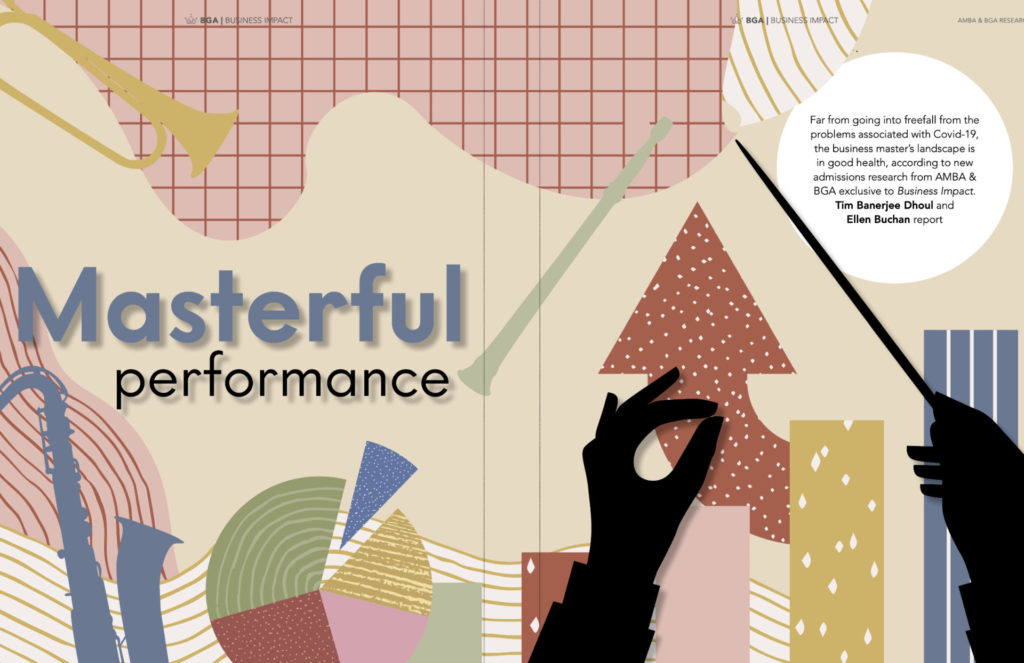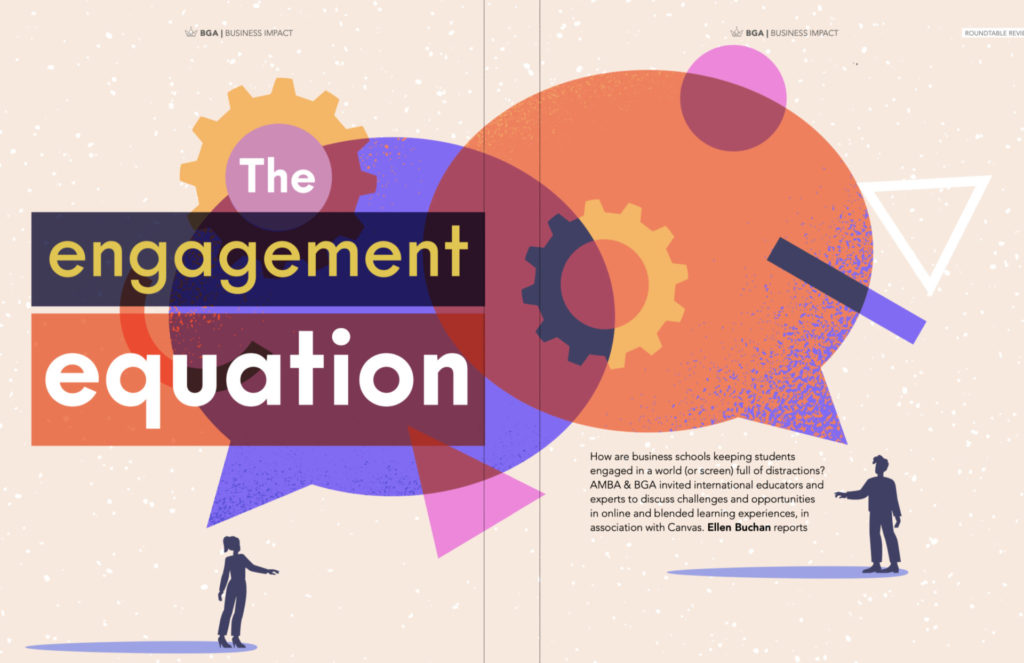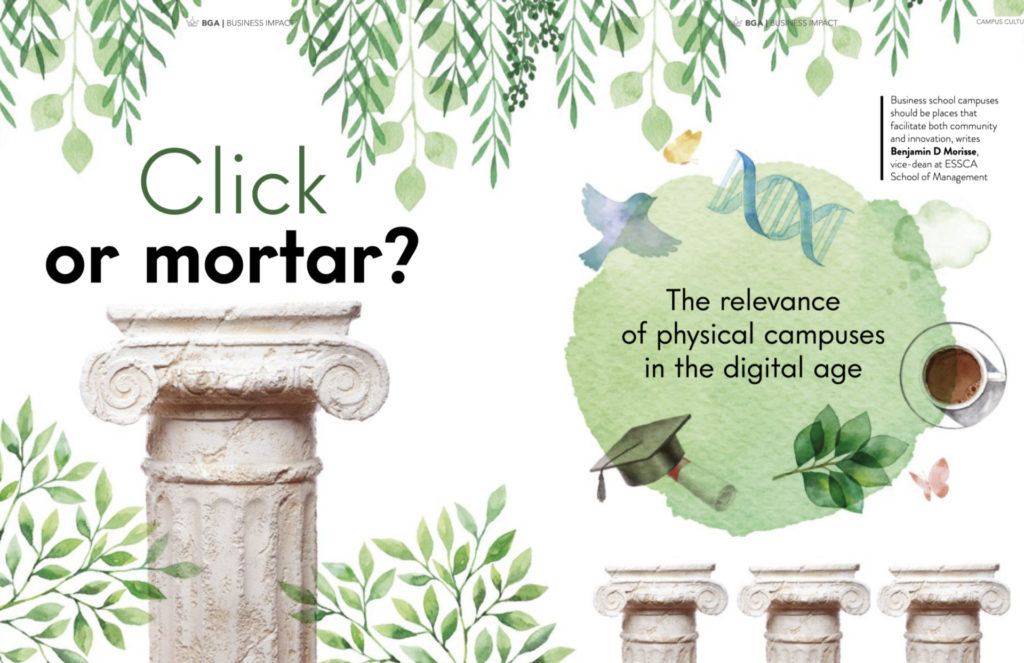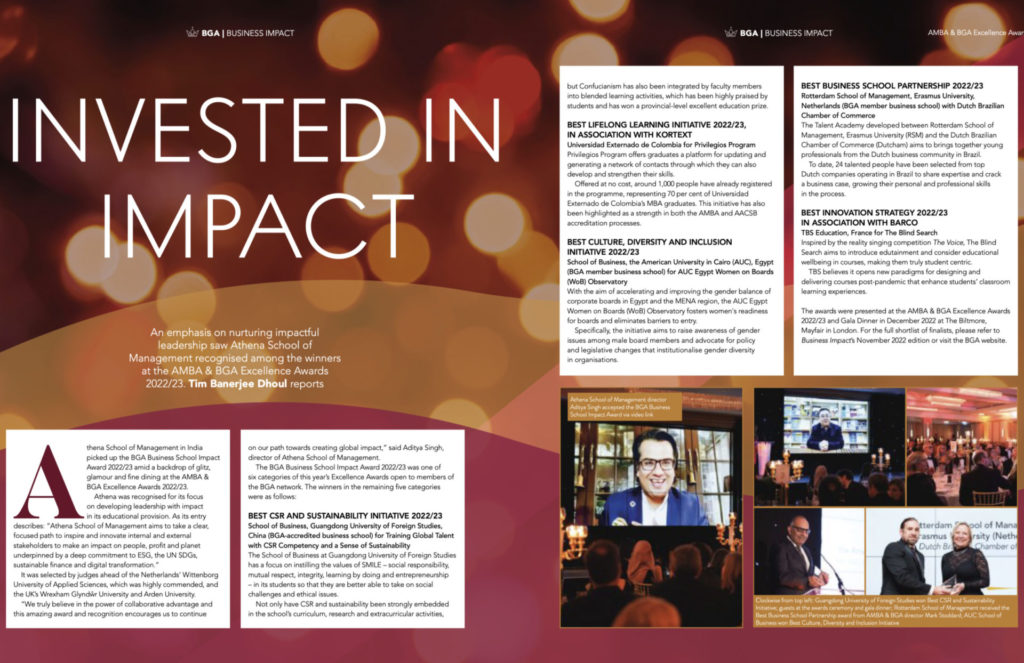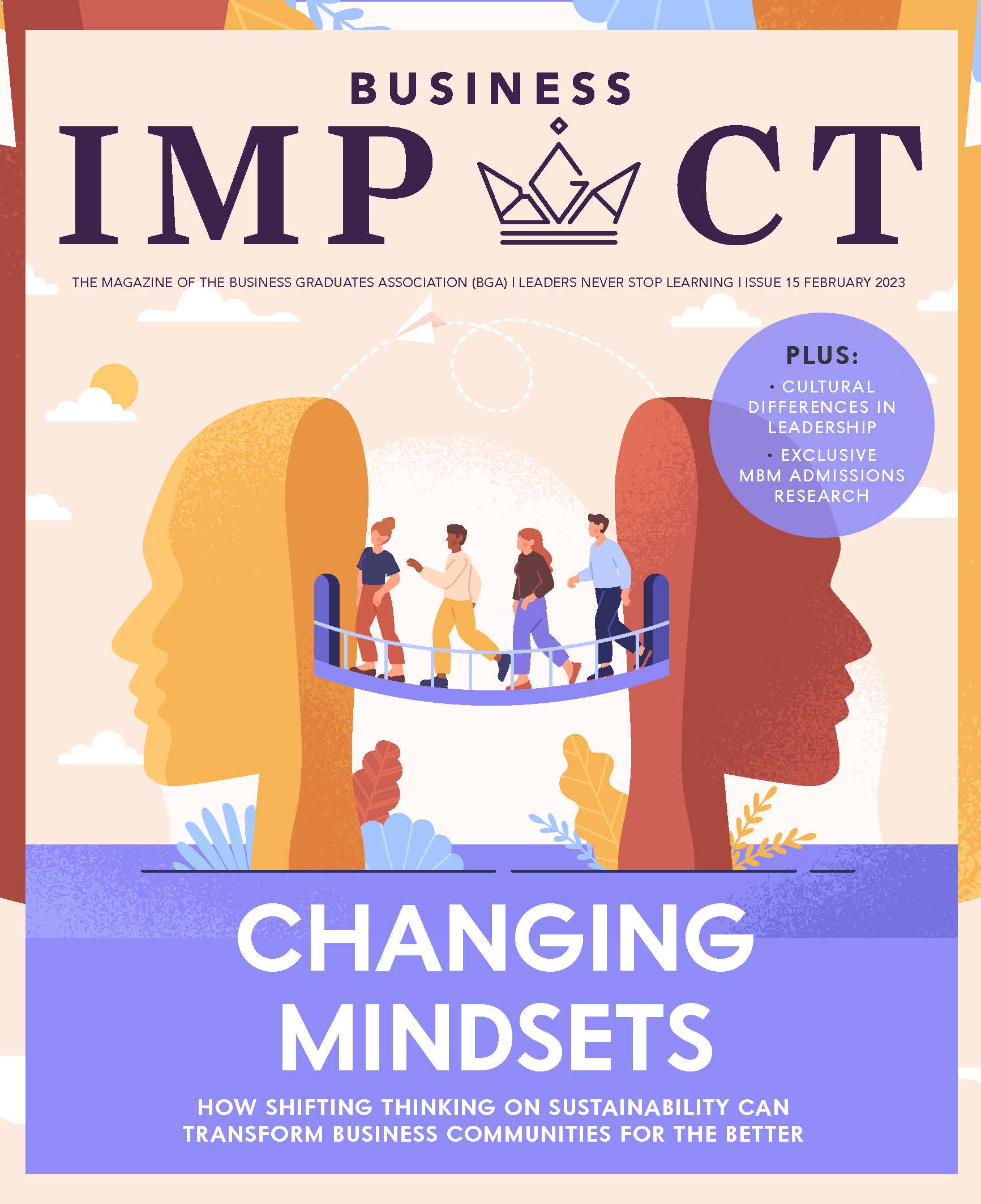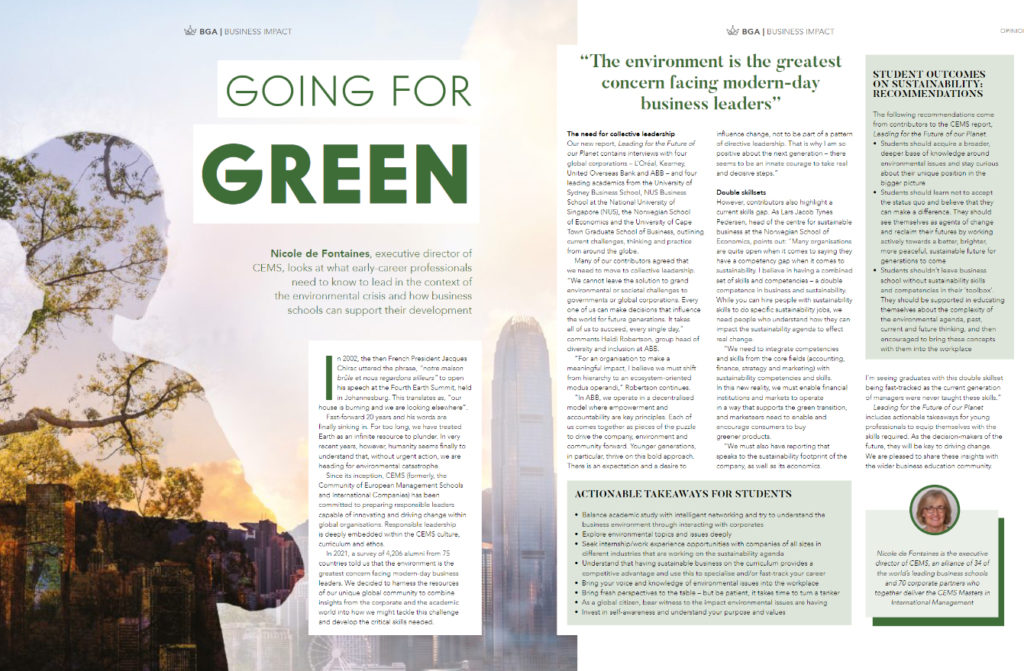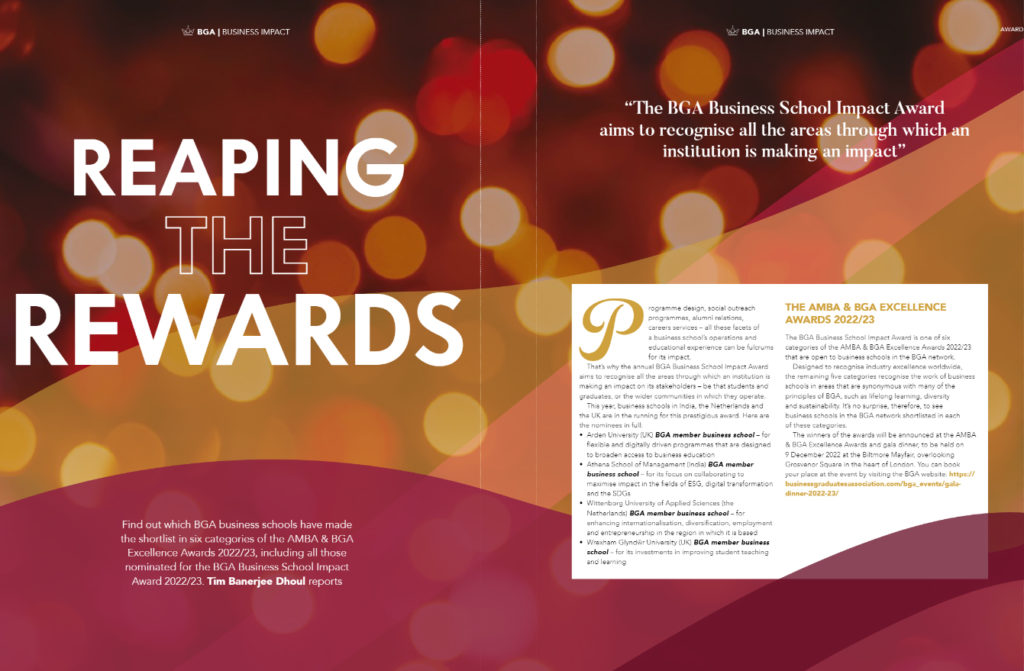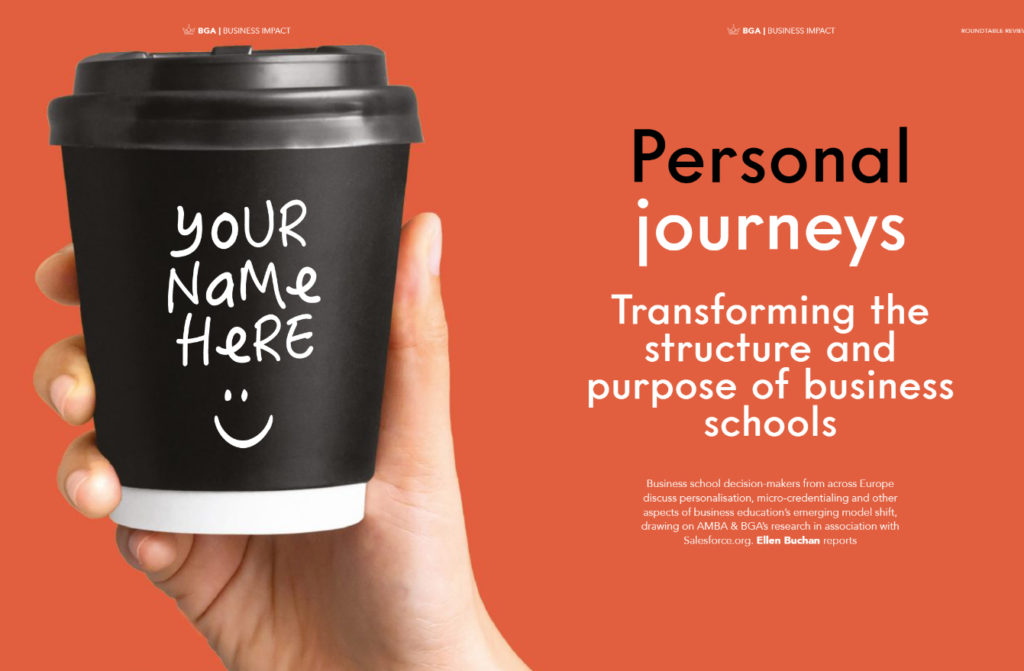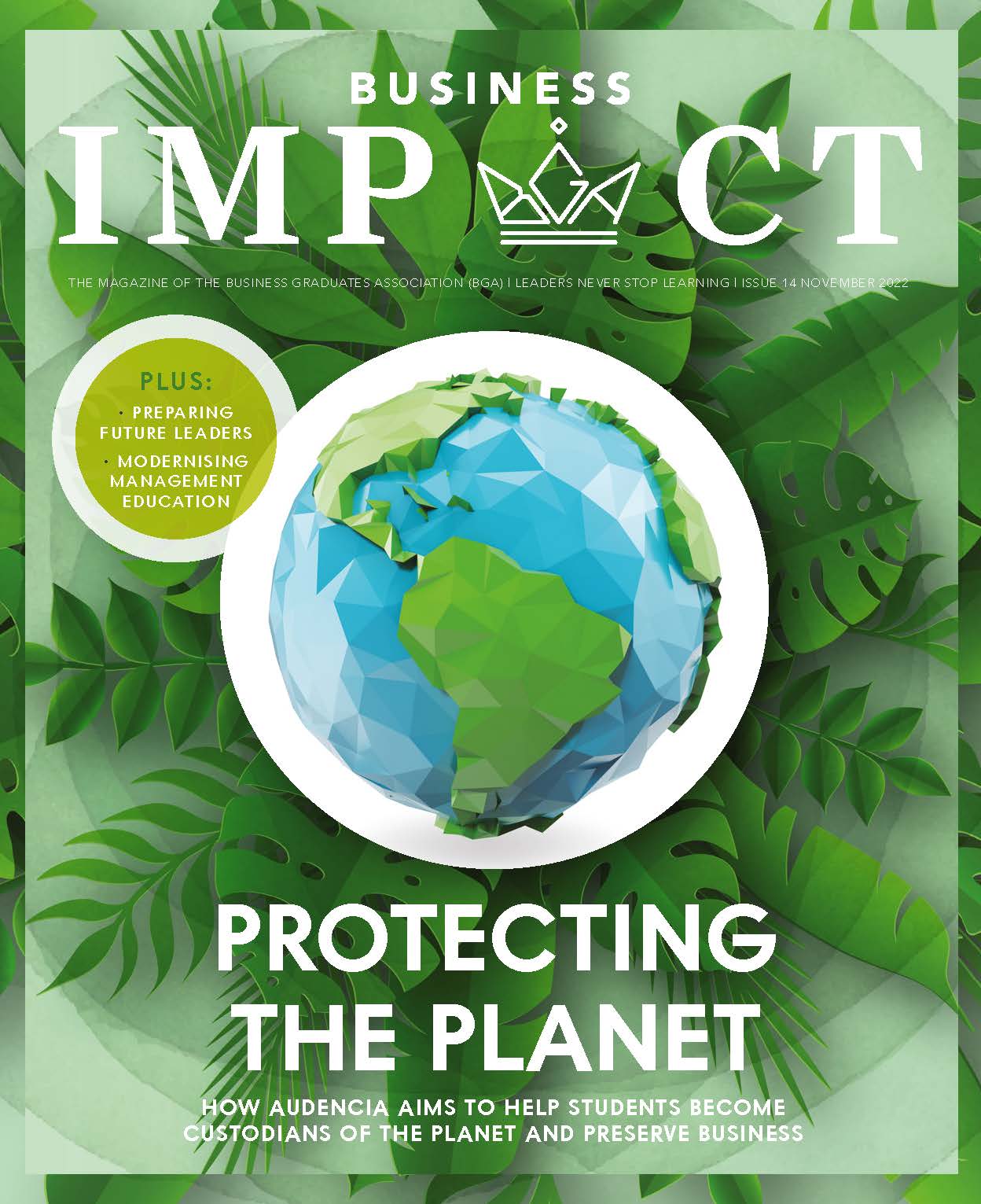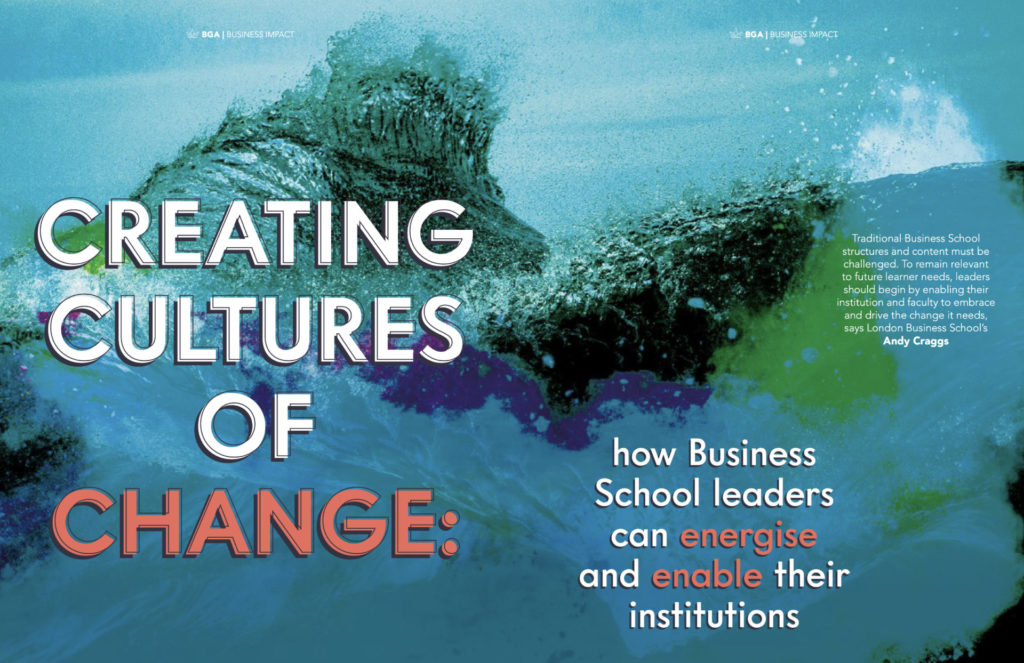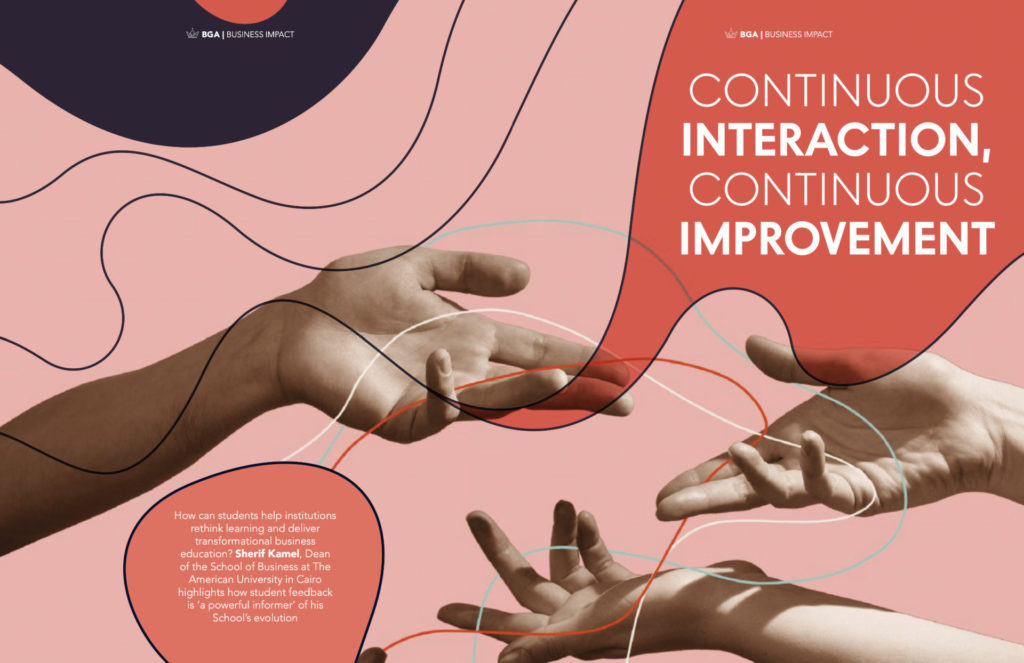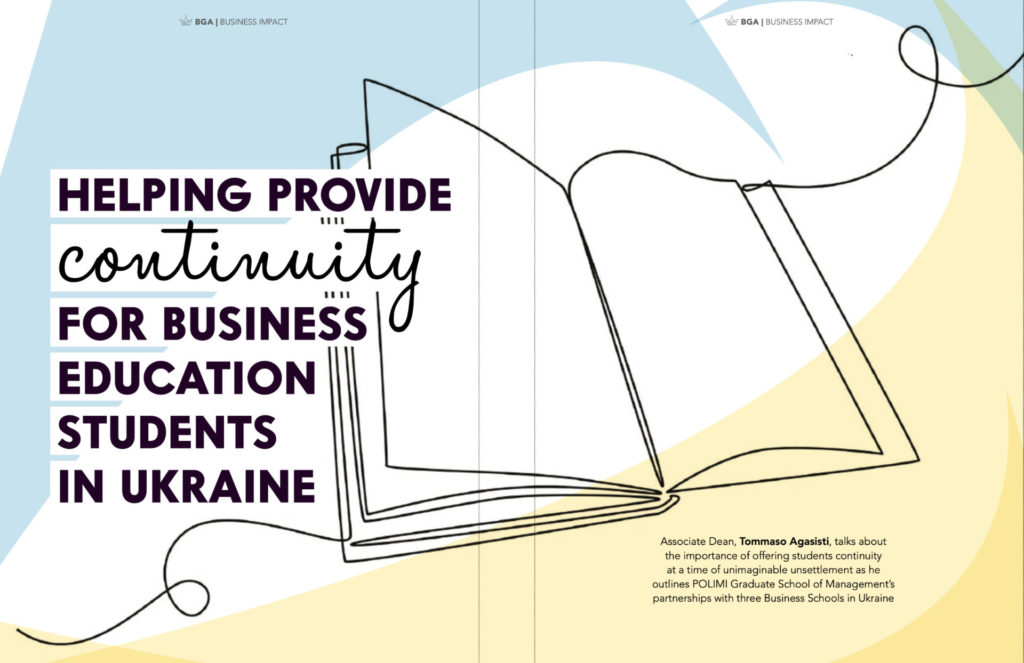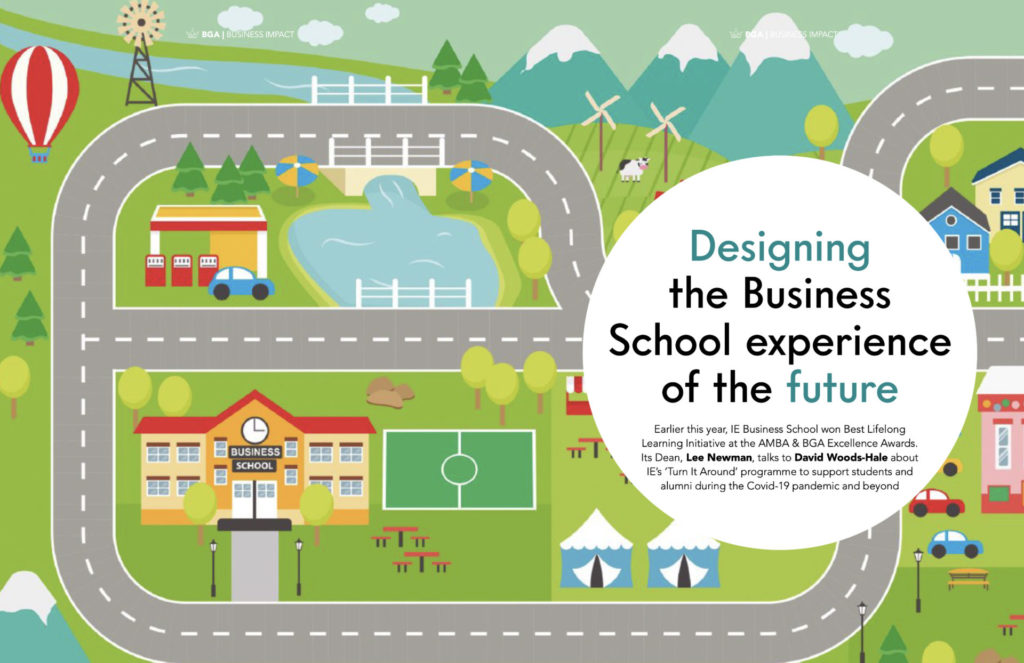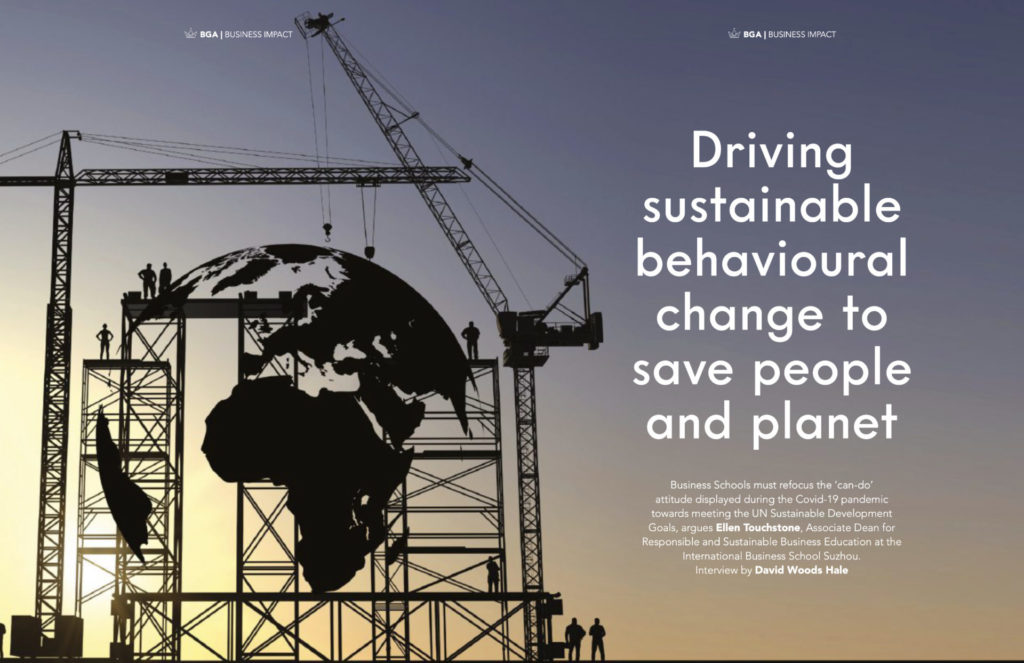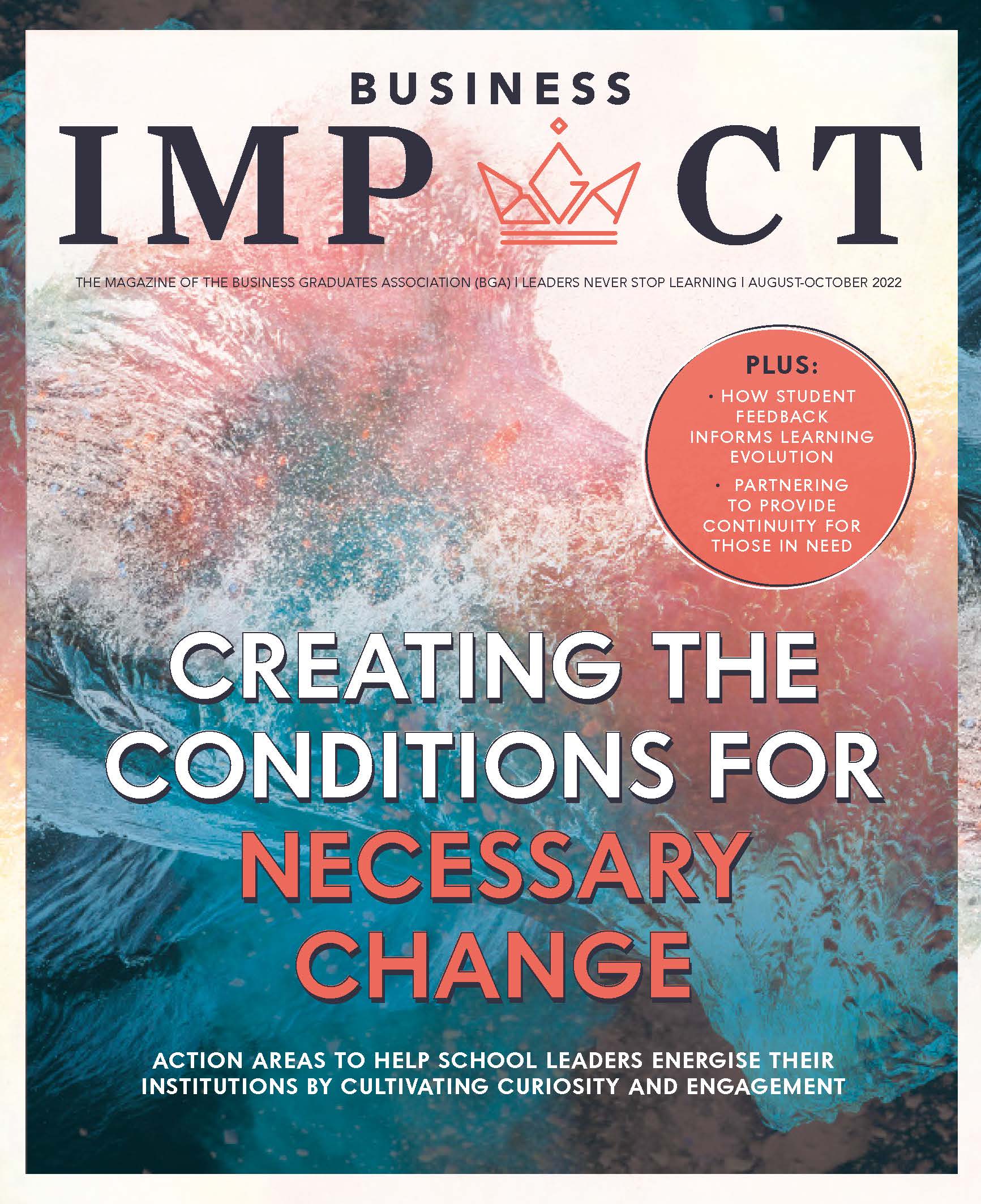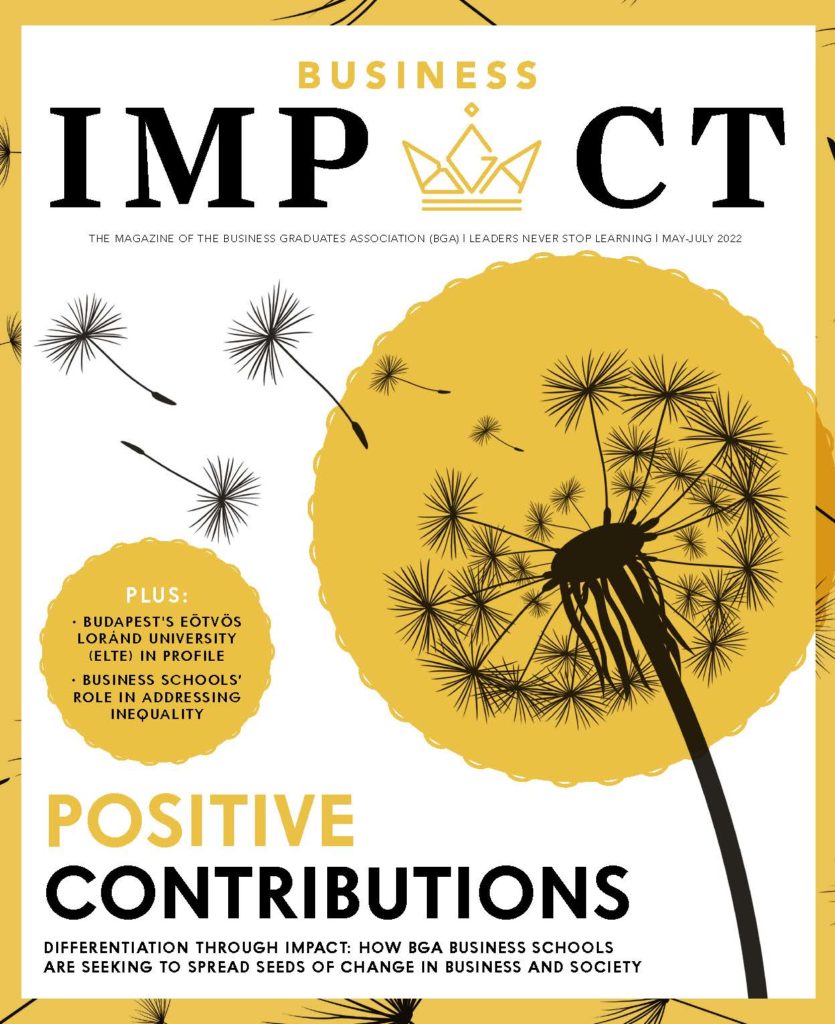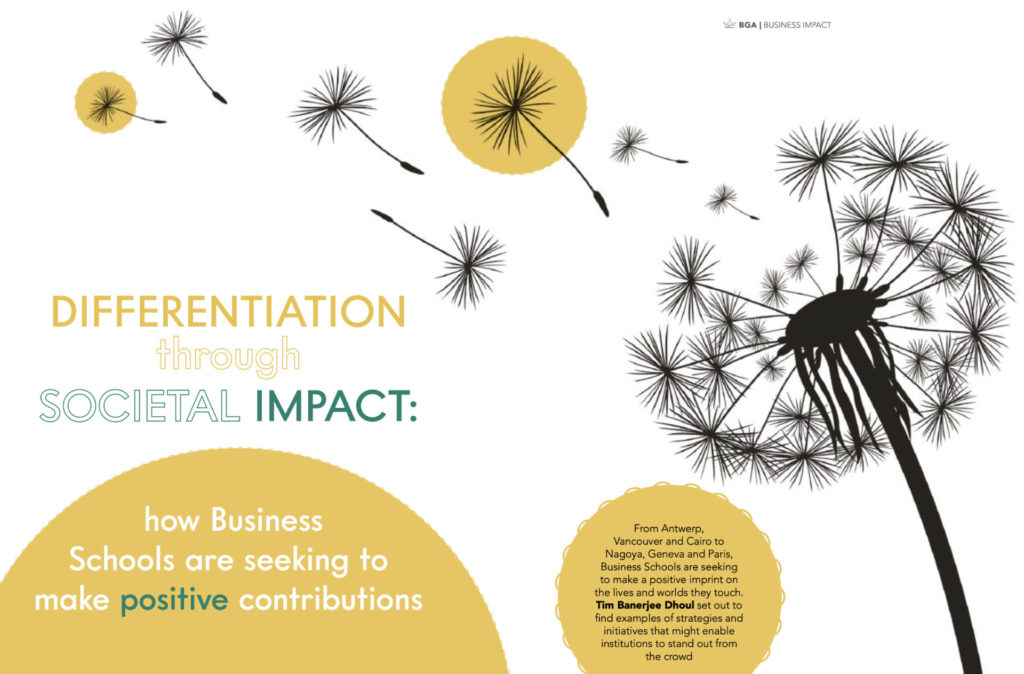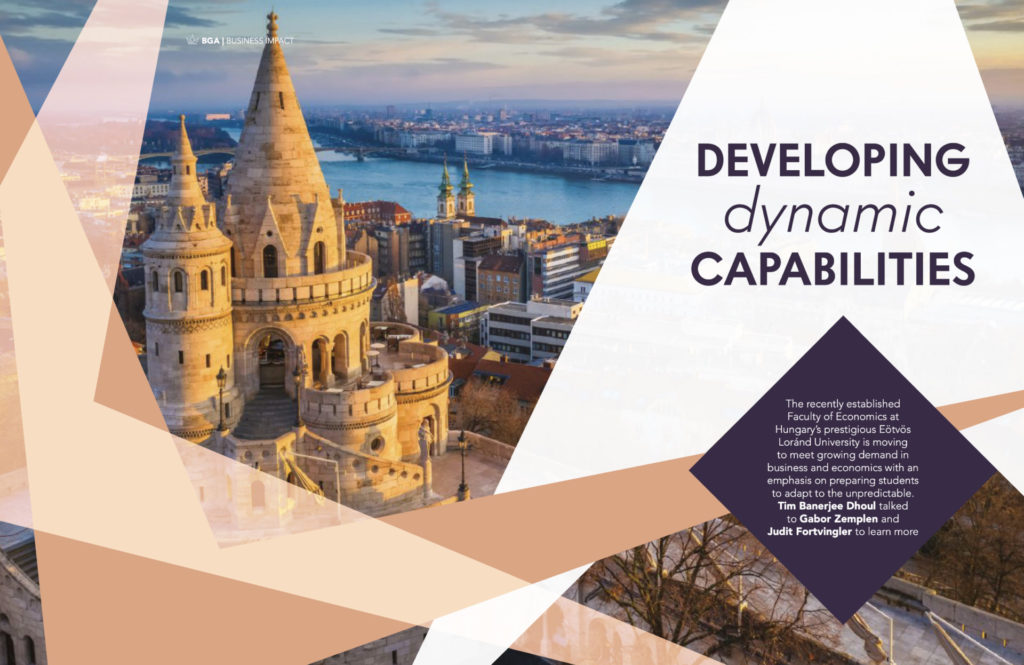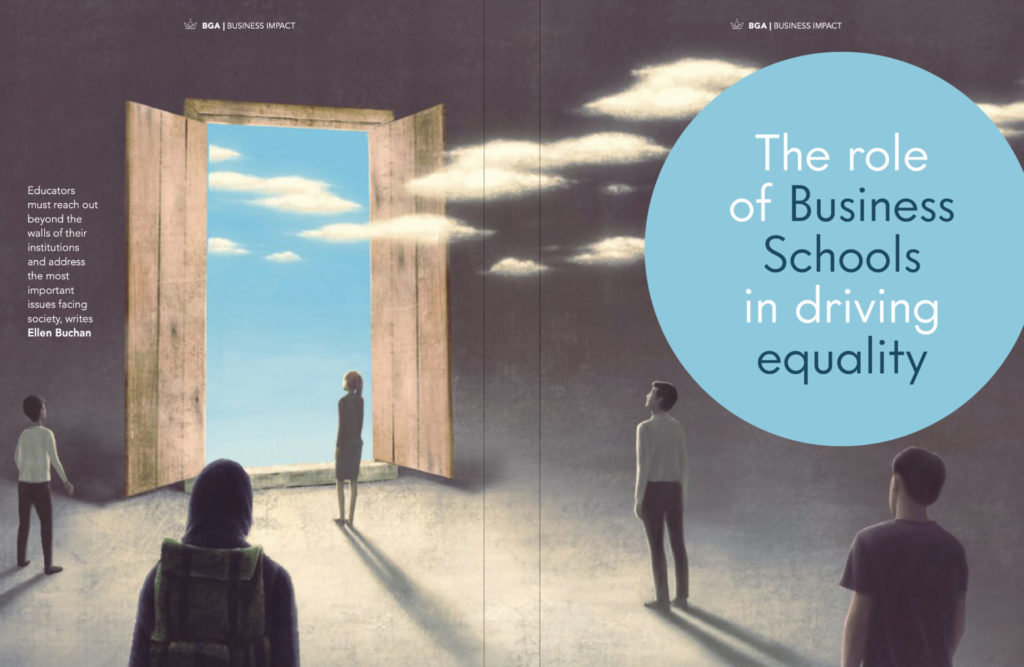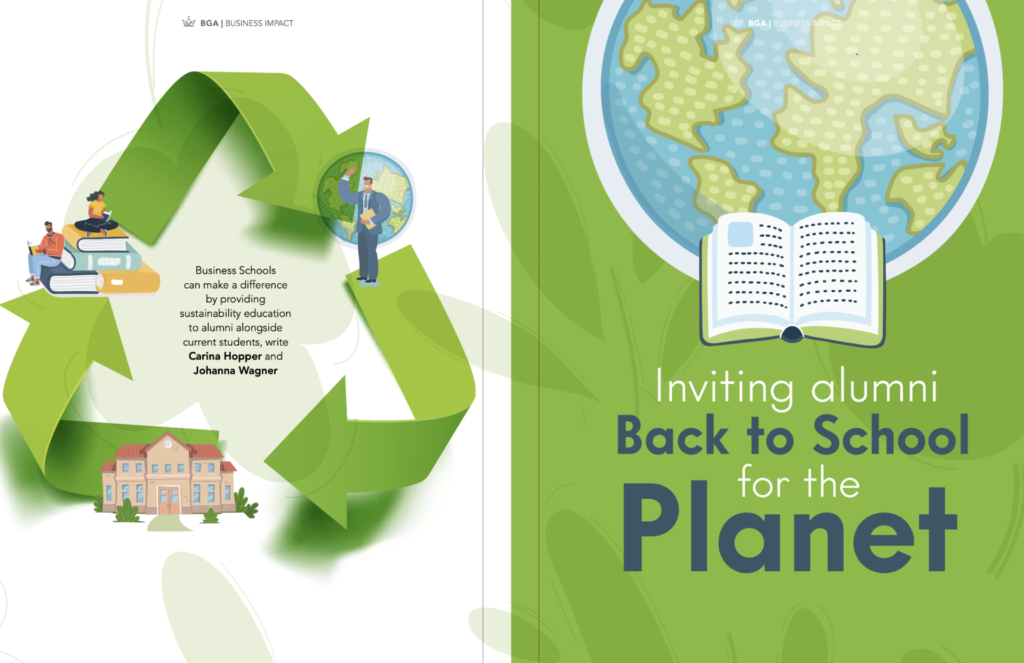A strategy for business school internationalisation


Topic selection:
In an increasingly globalised market, the world’s top business schools are taking a strategic approach to internationalisation by developing goals and actions designed to advance their institutional brands and missions. While the context and character of these strategies and their deployment differ, the schools we will refer to as ‘high-performing international business schools’ possess some shared attributes largely responsible for enabling their strategies.
Before exploring these attributes, let’s look at some of the different manifestations of internationalisation that are emerging across the business school landscape.
Directions and manifestations
First, internationalisation strategies are generally directed towards a combination of goals. The recent EAIE Barometer Study indicates that preparing students for a globalised world, improving the quality of education and research, and enhancing institutional competiveness stand out as the most-commonly cited.
Second, internationalisation strategies within the business school world tend to be fairly holistic. Not all schools are pursuing comprehensive internationalisation strategies – where internationalisation efforts are maximised and integrated across all domains of the institution’s work – but most are framing strategies that are fairly broad in their nature.
International accreditations are likely to promote breadth and depth in internationalisation and to promote international quality standards in teaching and research. Business school leaders tend also to see the scope for and benefits of internationalisation across different domains and the tendency for progress in one area to support progress in another.
A strong and continued focus on student mobility and recruitment sits at the heart of most institutional strategies but other priorities around faculty diversity and mobility, research, and curriculum internationalisation also tend to shape institutional action. Many schools are seeking to integrate a digital approach and are looking at digital platform strategies.
Third, business school internationalisation has become synonymous with business school mobility and cross-border operations. Notwithstanding the popularity of e-business strategies, we see evidence of large-scale investments by business schools outside of their home market either through direct investment (campuses and representative offices) or through strategic partnerships that function to facilitate the delivery of programmes at offshore locations.
These can range from short executive education formats to longer degree-granting provisions. They involve arrangements based on hosting, delegation and franchise, sometimes in combination with digital strategies. This exportation of capabilities and/or programmes tends to be one of the distinguishing factors for the most aggressively international schools. In the Financial Times 2018 listing of the world’s Top 30 European business schools, six (or 20%) are identified as multi-locational, including the likes of INSEAD and ESCP Europe.
Internationalisation, like any business process, requires a series of judgements. Even if the orthodoxy is for business schools to take an holistic approach to internationalisation, there is still ample scope to pursue a strategy of focused differentiation driven by institutional mission and vision.
Some business schools have sought to build their brands and identities around a particular reputation for research or programme excellence. Some have emerged as international specialists in such fields as entrepreneurship, leadership development, or digital learning. Equally, internationalisation as an evolutionary and often stage-based process does not mean that business schools should move at one pace or at an accelerated one.
Indeed, many business schools have regretted their haste in major investments abroad and/or in striking international partnerships without mission consonance or due diligence. Finally, strategic partnerships and networks have become central to the internationalisation project and mission, supporting the quality focus, breadth and dynamism we see as characterising business school internationalisation as a phenomenon.
From trends to attributes
Whatever the differences in the substance of what they do or in the pace and sequence of internationalisation efforts, schools are reliant upon a number of attributes that ensure the conception, development and sustainability of their internationalisation strategies.
If we isolate the case of high-performing international business schools (HPIBS) and look at their DNA, we identify seven key attributes, which we bring together in our 7-C framework:
1. Clarity
This first attribute provides the cornerstone for successful international development, regardless of its form or scale. The ‘why‘
that guides these developmental imperatives is addressed in the mission and vision of
these high-performing schools therefore enabling a clear and coherent framework for decision-making and resource-allocation processes. Explicit alignment with the
school’s identity and positioning is fundamental for legitimacy and support from both internal and external stakeholders.
While the mission and vision drive internationalisation, a well-articulated strategy provides the road map. The clarity of that strategy and the shared narrative it engenders within the institution are key factors of success.
2. Capital
HPIBS’ performance and competitiveness is significantly influenced by intangible assets or ‘intellectual capital’. Critical here are expert knowledge and competencies (human capital), the firm’s internal organisation and innovation systems (structural capital), and its ability to engage with and work with key stakeholders (relational capital). This resource-based view of the Business School clearly highlights organisational theory, which draws attention to the nature of intangible resources and co-ordination within the organisation. Clearly, it is unimaginable that an HPIBS exhibiting research leadership or research excellence could occupy such a position without the intellectual capital of its faculty. However, that capital is unlikely to be sufficient in itself without an organisational ability and propensity to both foster and exploit that intellectual capacity.
The leading international business schools also enjoy brand or reputational capital, which emerges as a result of their contribution and impact. This is generally manifest in high levels of brand recognition, strong rankings placement, and/or accreditations. All of these may be seen as a proxy measure of quality but the industry attaches huge significance to these yardsticks.
3. Configuration
HPIBS are not simply competing internationally but are configured internationally. They have assets, networks and operations that extend beyond their domestic market. Configuration issues concern where in the world each activity in the value chain (e.g. marketing and programme delivery) is performed, and where human and physical assets are located and linked.
Unlike the domestic business school, this value chain has an international quality with some degree of geographic dispersal of both assets and activity. Linked to this are management-control and co-ordination issues concerning the co-ordination of each activity when it is done in more than one place. This means that they must have management models and structures in place to support and execute an advanced internationalisation strategy. Some HPIBS have opted to configure as multi-campus networks, others more as
hub-and-spoke operations. Some have attached international partners to their organisation to deliver their programmes without internalising specific offshore activities. The bottom line however is that these schools are set up internationally (they are not merely selling their courses into an international marketplace) and this is supporting their mission and progress.
4. Connections
Configuration issues relate closely to the partnership models that business schools put in place to support and execute their strategies. The literature on internationalisation highlights the extent and benefits of international partnering with fellow schools, delivery partners, agents, and business firms. The continuing priorities of business schools are such that partnerships are typically at the core of the internationalisation process. HPIBS typically take a strategic approach to partnership development and management. They build and develop strong partner networks that have a bilateral and multilateral dimension. Productive links with other schools (for exchange of students, research and double/joint diplomas) are balanced by strategic engagements in multi-party networks and special interest groups linked closely to operational regions and strategic priorities.
5. Culture
HPIBS also have an organisational culture that drives and supports internationalisation. This is rooted in the values, beliefs, and assumptions held by organisational members, including its leaders. What is at issue here is the value set of the institution and their organisational climate. Most profess a strong desire to prepare global leaders or to influence global business. Most promote, celebrate and harness diversity. This is manifest in mission and value statements. This desire must be matched however by effective organisational processes that support the international aspect or focus of the mission. In essence, HPIBS are underpinned by an international culture that is evident in their people, beliefs, and ways of working. Sometimes attached to this are artefacts and symbols that reflect that international identity and aspiration.
In the case of ESCP Europe, an advanced model of internationalisation is reflected not simply in a multi-campus structure and rotational degree programming, but also in an international leadership team and the existence of pan-European institutes and departments. These are a product of a culture rooted in European identity and the values of diversity and plurality.
6. Community
HPIBS invest strongly in community. These schools both nurture and leverage a wide variety of stakeholders ranging from students to alumni to corporate partners to diplomatic connections. They bring these stakeholders together around a strong sense of identity and purpose and they do so at the international level not purely in their domestic arena. International community groups, alumni chapters and high geographic dispersal rates for graduates are typical traits. For example, Grenoble Ecole de Management (GEM) organises an Alumni Leaders’ Summit each year, pulling in alumni from all corners of the globe to discuss current affairs at GEM and to monitor how the programmes continue to impact even years after graduation.
The importance of this attribute lies in its very capacity to serve both a prospective and a safety function for an institution seeking to deploy internationally. Through its ‘community’, and a balance of use of and reward for this community, a School develops its networks exponentially and its capacity outside of its home market.
7. Curriculum
Schools wishing to internationalise fully must also be prepared to drill down into programme content and ensure the range of skills and knowledge that will serve as enablers for graduates to develop personally and professionally in a globalised world. Student satisfaction is increasingly related to the international toolkit they are provided with over the course of their studies. This kit is composed of content (intercultural theory, international case studies, global perspectives), exposure (multinational classrooms, language tuition, foreign faculty) and experience (curriculum-based study aboard, international internships and projects, study trips and industry visits).
If HPIBS are associated with these seven attributes, what is clear is that they have not all emerged quickly or easily. Becoming international in process terms and/or as a stamp of international quality or standing is not quick or easy.
Business school leaders and teams should make choices that are realistic and mission-driven. Lessons can be learned from HPIBS but not all schools are destined to replicate their models or strategies.
Professor Simon Mercado is Campus Dean/Director for ESCP Europe Business School, London.
Julie Perrin-Halot is Associate Dean/Director of Quality and Strategic Planning Grenoble Ecole de Management.
Read more Business Impact articles related to collaboration:

How higher education can forge successful partnerships with industry
A willingness to collaborate is the critical factor for employers and institutions, according to Oxford Business College’s Phillip Stone, as he outlines some dos and don’ts for successful partnerships

The value of collaboration between higher education and industry
What are the advantages and challenges of educational institutions working in partnership with industry? Oxford Business College’s Phillip Stone offers an overview that takes in the changing skillsets demanded by employers and strategies for schools to follow

The new normal of collaboration: the view from Latin America
The deans of the School of Management and Social Sciences at Universidad ORT Uruguay, the Universidad de San Andrés Business School in Argentina and Getulio Vargas Foundation (FGV) EAESP in Brazil discuss new possibilities for Business Schools to partner with others and widen their reach
Want your business school to feature in
Business Impact?
For questions about editorial opportunities, please contact:
Tim Banerjee Dhoul
Content Editor
Business Impact












